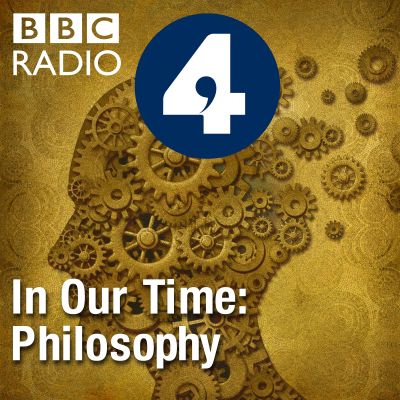From Altruism to Wittgenstein, philosophers, theories and key themes.
http://www.bbc.co.uk/programmes/p01f0vzr
Charisma
Melvyn Bragg and guests discuss the idea of charismatic authority developed by Max Weber (1864-1920) to explain why people welcome some as their legitimate rulers and follow them loyally, for better or worse, while following others only dutifully or grudgingly. Weber was fascinated by those such as Napoleon (above) and Washington who achieved power not by right, as with traditional monarchs, or by law as with the bureaucratic world around him in Germany, but by revolution or insurrection. Drawing on the experience of religious figures, he contended that these leaders, often outsiders, needed to be seen as exceptional, heroic and even miraculous to command loyalty, and could stay in power for as long as the people were enthralled and the miracles they had promised kept coming. After the Second World War, Weber's idea attracted new attention as a way of understanding why some reviled leaders once had mass support and, with the arrival of television, why some politicians were more engaging and influential on screen than others. With Linda Woodhead The FD Maurice Professor and Head of the Department of Theology and Religious Studies at King's College London David Bell The Lapidus Professor in the Department of History at Princeton University And Tom Wright Reader in Rhetoric at the University of Sussex Producer: Simon Tillotson
